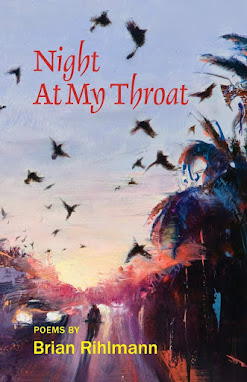That Same Vincent of Alehouse Fame
If he found wrinkles he called them timelines,
And read between. Firmly believed in survival
Of the sleekest. So he put on makeup when
He kissed up to anyone on stepstool or ladder.
Despite a fear of his own height he played
Through, was well played.
Normally, kisses happened on clean shaven
Days. That was not quite every day
Because of leap year extras. He was always
Pocket-mint fresh, perfumed. So, of course,
He loved daisies. There are over
Twenty thousand daisy varieties.
At night he counted them instead of sheep.
He seldom dreamed of falling, but often of fields.
Leigh
She had a lot of secrets.
Some in the pockets of the summer dresses she wore year-round.
Some kept out back in an old shed beside oil cans and butt-busted cane chairs.
A couple were lonesome in the sugar jar, after she gave up pie.
Some were in the blonde first curl above her forehead.
One of the secrets was the type of music she kept in her glittery, flapper hat.
She kept that hat in the spare closet at the end of a hall she seldom went down.






















